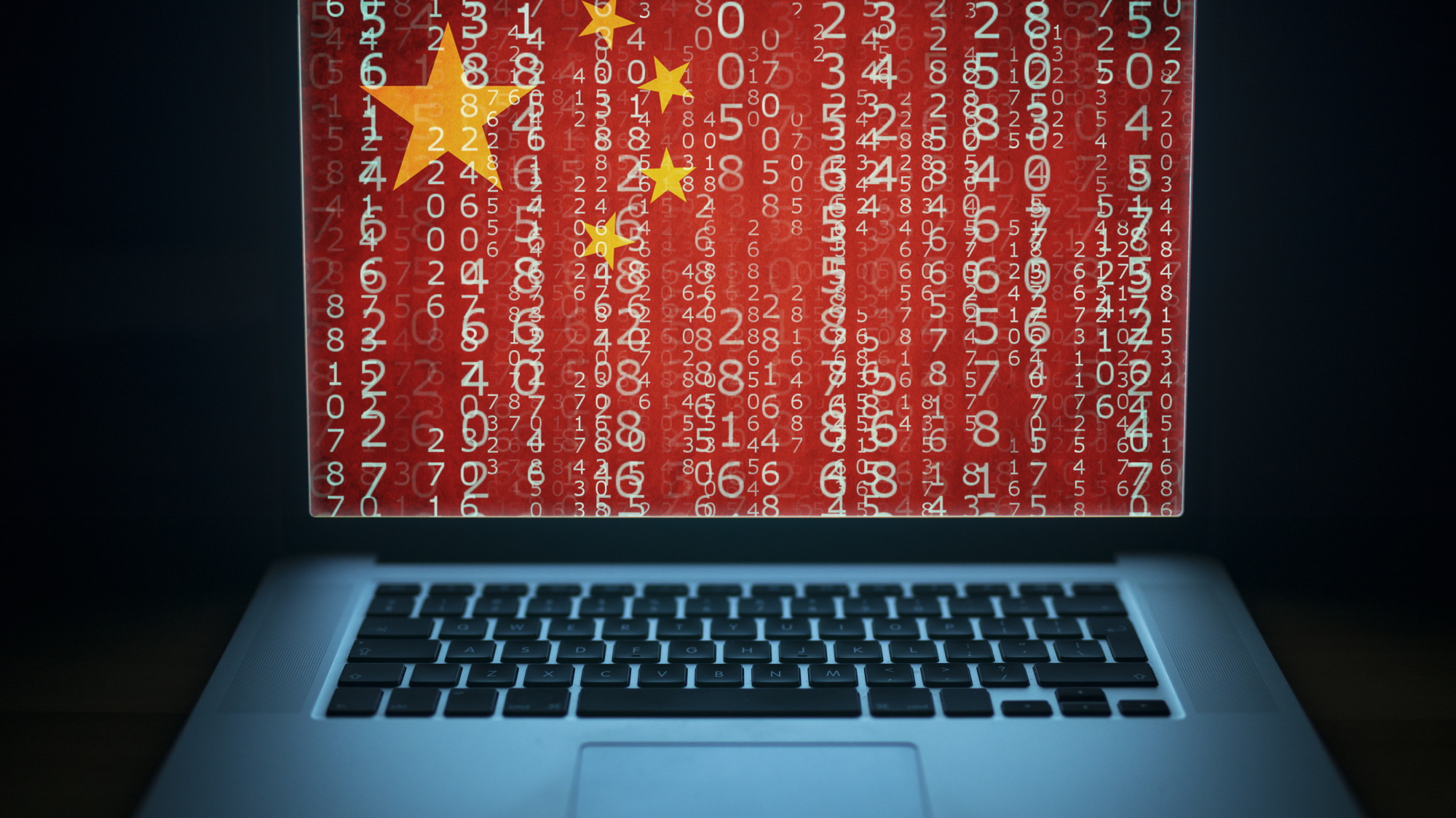China is doubling down on Linux in a bid to leave Windows behind
The openKylin project is now live

Sign up for breaking news, reviews, opinion, top tech deals, and more.
You are now subscribed
Your newsletter sign-up was successful
China is now one step closer to eliminating Windows from its government endpoints, an effort it has been pursuing for more than two decades now.
As reported by The Register, the country has been laser-focused on switching to Linux entirely amid conflict with the US, but has thus far lacked the support of developers. But now, all of that might change with the launch of the openKylin project.
The project’s goal is to speed up the development of the Kylin Linux distro, an OS distribution that’s entirely China-made. The project’s participants will include developers, but also colleges and universities.
Stepping away from Windows
So far, upwards of 20 Chinese firms and institutions have joined the project, it was said, including China’s Advanced Operating System Innovation Center.
At this stage, the members will work on version planning, platform development and community charter. But in the mid- to long-term, project members will seek to optimize the OS for the latest generation of Intel and AMD chips, provide support for RISC-V CPUs, develop x86-to-RISC-V translation layers, improve the interface and so on.
Kylin launched in 2001 as a kernel for governments and military devices, but back then, it was based on FreeBSD. A decade later, in 2010, it switched to Linux, and four years later, an Ubuntu version was introduced.
Meanwhile, the relationship between China and the US has become increasingly fraught. The US government has accused China of continuous cyberattacks against its institutions, as well as numerous cyber-espionage campaigns. It also accused Chinese manufacturers, such as Huawei, of baking backdoors into their products, creating a threat to national security.
Sign up to the TechRadar Pro newsletter to get all the top news, opinion, features and guidance your business needs to succeed!
China, on the other hand, has repeatedly dismissed the allegations as baseless and continues to seek to reduce its dependency on western-made software, hardware and services.
Western intelligence agencies are also warning that China might be preparing for a major invasion of Taiwan, its eastern neighbor which it claims is nothing more than a breakaway province.
Taiwan Semiconductor Manufacturing Company (TSMC) is the world's largest and most advanced semiconductor manufacturer, and should China engage in a war in the country, it might severely disrupt the global technology industry.
- These are the best Linux laptops right now
Via The Register
Sead is a seasoned freelance journalist based in Sarajevo, Bosnia and Herzegovina. He writes about IT (cloud, IoT, 5G, VPN) and cybersecurity (ransomware, data breaches, laws and regulations). In his career, spanning more than a decade, he’s written for numerous media outlets, including Al Jazeera Balkans. He’s also held several modules on content writing for Represent Communications.